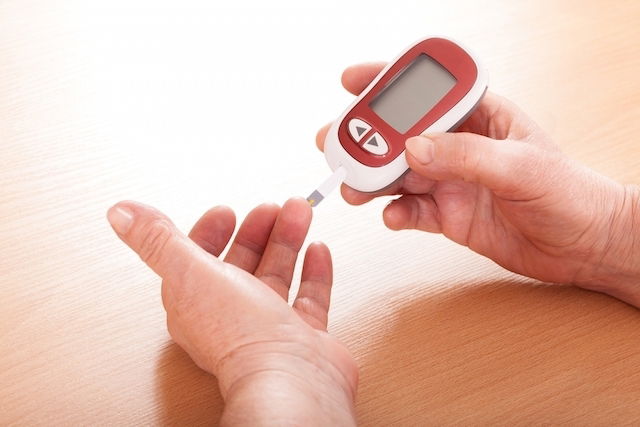To decrease your blood sugar levels, it is important to pay attention to your food intake. You should opt for whole grain foods and avoid excess intake of carbohydrates and sugar. Additionally, you should engage in regular physical activity, as this can help to prevent sugar peaks as well as prevent the accumulation of sugar in the blood.
Excess sugar in the blood, also known as hyperglycemia, occurs when the fasting blood sugar level is above 100 mg/dL or 5.6 mmol/L. If the fasting blood sugar level is persistently above this level, it can lead to consequences like organ damage. Therefore, if you notice symptoms of high blood sugar, you should see your doctor or endocrinologist for assessment.
Initial exams will include a blood pressure check and blood tests that check for blood sugar, cholesterol and triglyceride levels, as these are all risk factors for cardiovascular disease.

How to decrease blood sugar levels
To decrease your blood sugar levels, you should follow recommendations as instructed by your doctor or endocrinologist. These recommendations may include:
- Take diabetic medication as prescribed, like metformin, insulin or gliclazide. These are usually prescribed once a diabetes diagnosis is confirmed
- Maintain a healthy diet by avoiding excess sugar and carb intake. You should opt for vegetables and whole grains, especially if you have been diagnosed with pre-diabetes.
- Eat frequent, small meals throughout the day, waiting about 3 hours between each meal to prevent sugar spikes.
- Do not substitute meals for sweets or fruits, as this can increase your blood sugar levels rapidly.
- Engage in regular physical activity, like light walks, running or weight-lifting. Sugar is often used as an energy source during exercise, and therefore it can be burned off and remain in low levels.
In addition, if you have been diagnosed with diabetes or pre-diabetes, you should be monitored by a doctor and a registered dietitian. Diet changes can positively impact your sugar levels if certain measures are taken. Nutrition is especially important for pre-diabetes, as certain dietary habits can even prevent the development of this condition into diabetes.
How to know if your blood sugar is high
To know if your blood sugar levels are high, you should take a fasting blood sugar test. Your levels are considered to be high if the results of two different tests show a value over 126 mg/dL (or 7.0 mmol/L) or over 200 mg/dL (11.1 mmol/L) after a single test.
In addition to a fasting blood sugar test, the doctor can also order a glucose intolerance test, a post-prandial glucose test or a gylcated hemoglobin test (which checks your average blood sugar level over the last 3 months).
To confirm high blood sugar levels, the doctor will also assess whether you have any symptoms of hyperglycemia, like excessive thirst, urinary frequency, tingling in the hands or feet, and drowsiness.
Check whether your blood sugar levels are within range by entering you glucose level in the calculator below:
